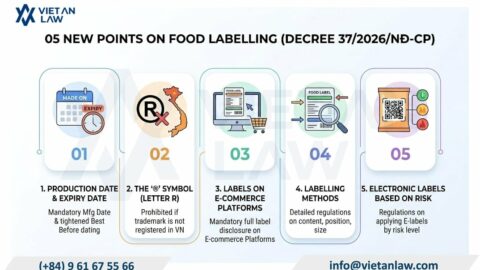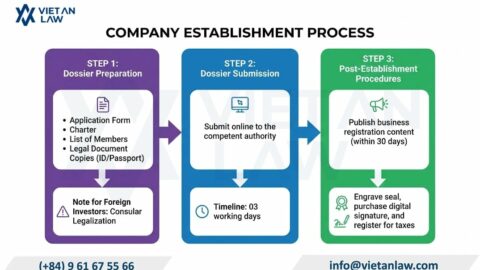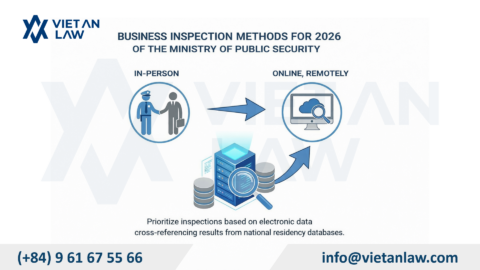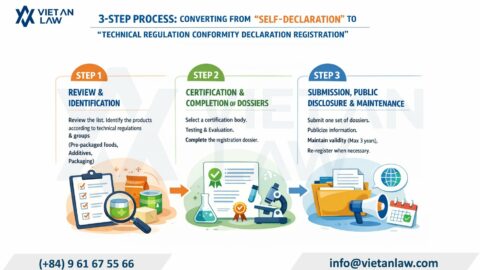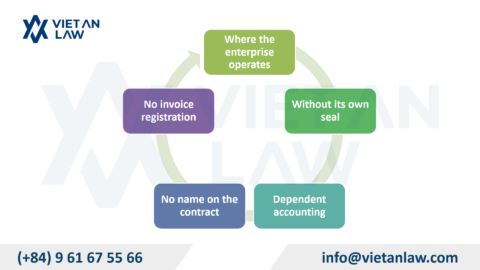Nowadays, the need for businesses to order products is constantly increasing because the requirements for machinery, equipment, and human resources to produce certain types of products are not easy to meet. To avoid legal risks when drafting commercial processing contracts, relying on a legal expert such as a lawyer is essential for business parties to succeed in the process of signing, implementing, and liquidating such a contract. In the following article, Viet An Law will provide some consulting on drafting commercial processing contracts in Vietnam for your reference.
According to the provisions of the Vietnam Civil Code, a processing contract is an agreement between the parties, whereby the processing party performs work to create products according to the request of the ordering party, and the ordering party receives products and pays wages.
In the field of commerce, a processing contract is a legal form to carry out a type of commercial activity within the scope of the Commercial Law. Specifically, “commercial processing” is a commercial activity in which the processing party will use part or all of the raw materials and materials provided by the processing party to perform one or more stages in the process. production process at the request of the ordering party to receive remuneration. Accordingly, this concept concretizes the rights and obligations of the processing party in the process of generating profits from goods processing services.
The parties participating in processing activities will sign a commercial processing contract as two separate entities, not dependent on each other, suitable for businesses that need to produce products but have not yet been established.
Commercial processing contracts are governed by the Commercial Law 2005 and have the following characteristics:
Commercial processing contracts must be made in writing or other forms with equivalent legal validity, meaning this contract cannot be concluded orally.
| According to the Civil Code | According to Commercial Law |
| Obligations of the processing party
Preserve raw materials provided by the ordering party. Notify the ordering party to exchange for other materials, if the materials do not ensure quality; refuse to perform processing, if you know or should know that the use of raw materials can create products that are harmful to society. Deliver the product to the ordering party by the agreed quantity, quality, method, time limit, and location. Keep information about the processing process and products created confidential. Be responsible for product quality, except in cases where the product does not ensure quality due to the materials provided by the ordering party or due to unreasonable instructions from the ordering party. Return the remaining raw materials to the ordering party after completing the contract. Rights of the processing party Require the ordering party to deliver raw materials by the agreed quality, quantity, deadline, and location. Refuse unreasonable instructions from the ordering party during contract performance, if you see that such instructions may reduce product quality, but must immediately notify the ordering party. Require the ordering party to pay the full remuneration according to the agreed time and method. |
Obligations of the processing party
Responsible for the legality of goods processing activities in cases where processed goods are banned from business, export, or import. Supply part or all of the raw materials and materials for processing according to an agreement with the ordering party regarding quantity, quality, technical, standards and price. Rights of the processing party Receive processing remuneration and other reasonable expenses. In case of processing for foreign organizations or individuals, the processing party may export on the spot processed products, rented or borrowed machinery and equipment, raw materials, auxiliary materials, surplus supplies, and waste products, scrap as authorized by the ordering party. In the case of processing for foreign organizations or individuals, the processing party is exempted from import tax on machinery, equipment, raw materials, sub-materials, and supplies temporarily imported according to the norm to perform the contract. Processing according to tax laws. |
If divided into several batches (specific time, quantity of products delivered for each batch); Penalties for late product delivery or delivery to the wrong location, or products that do not meet the agreed quality.
Note:
Above is the content of Viet An Law consulting on drafting commercial processing contracts to answer your questions. Viet An Law specializes in providing review, consulting, and drafting services for all types of contracts, including commercial processing contracts. To use our services, please contact us for the best support.
